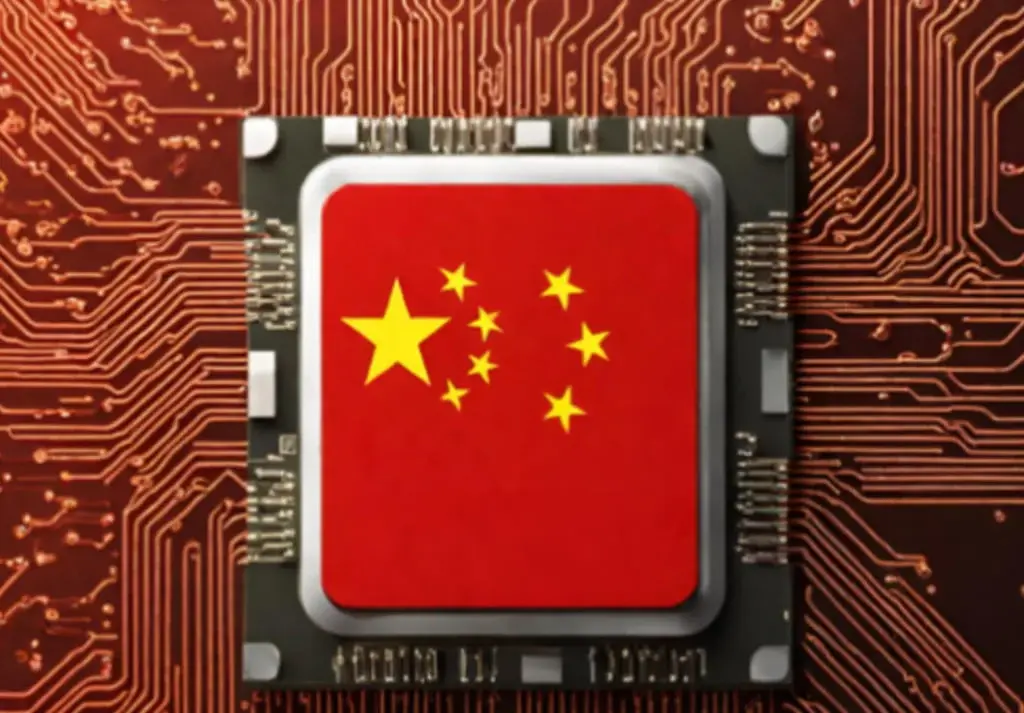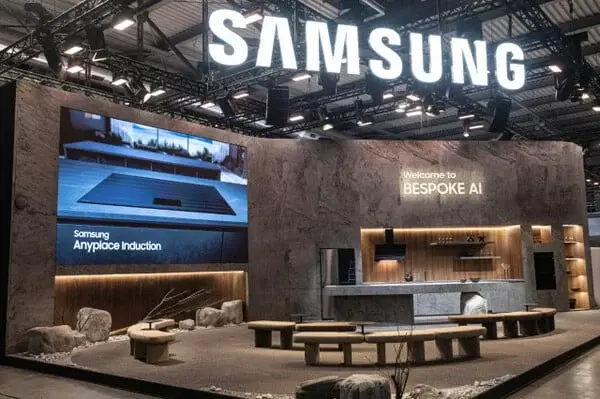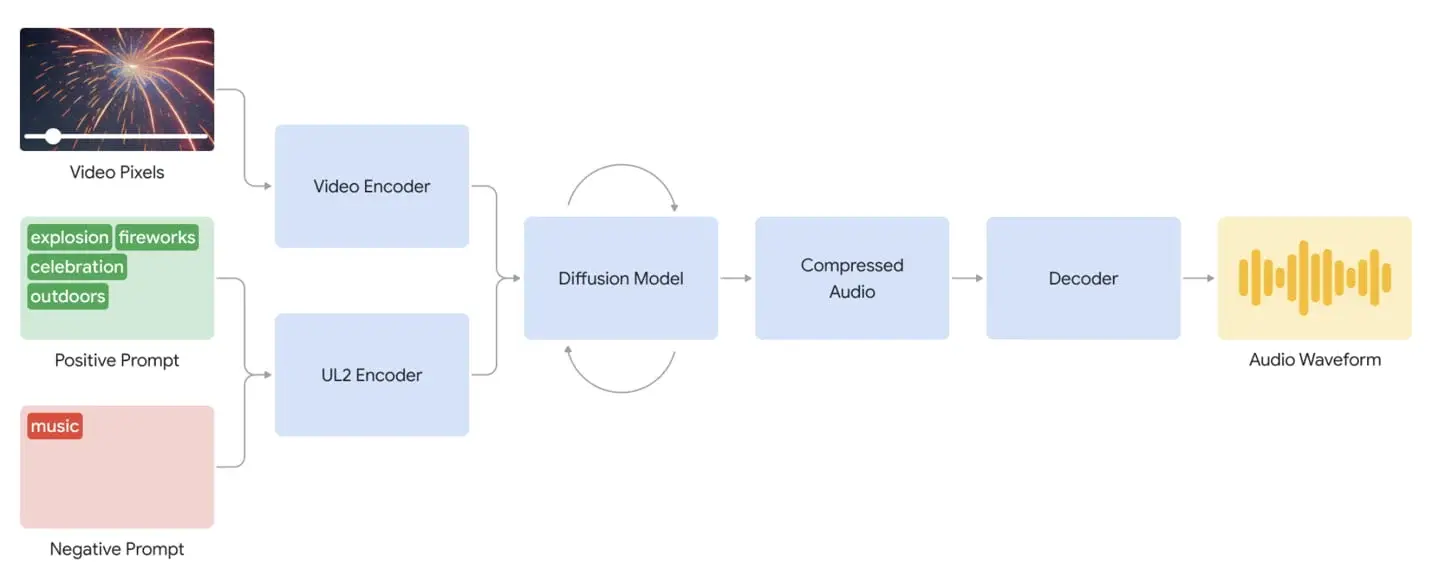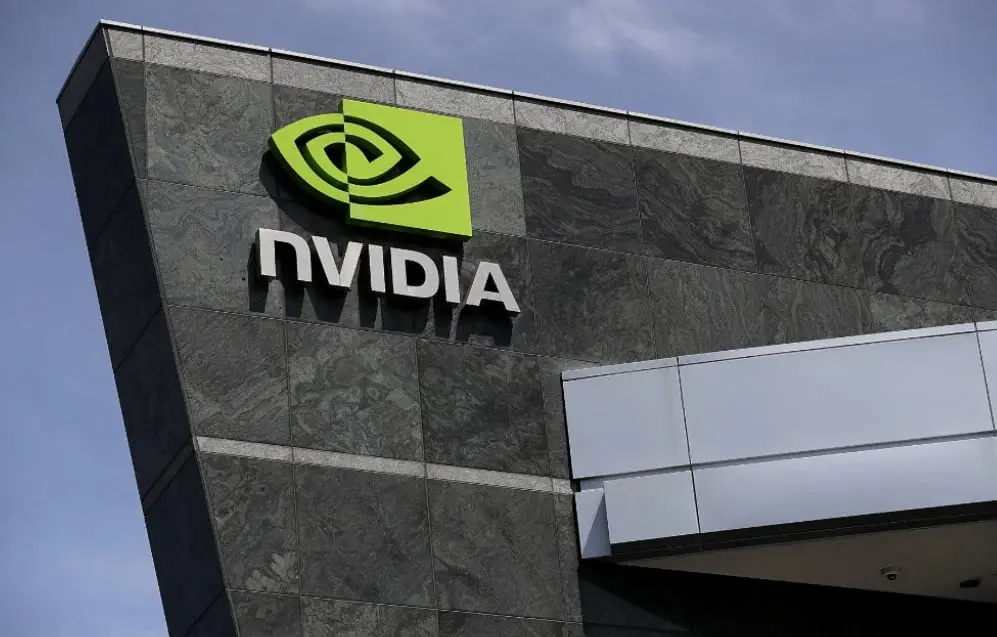China faces a challenging yet promising landscape in the high-bandwidth memory (HBM) chip market and the broader semiconductor industry, driven by surging global demand and strategic expansions.
High-bandwidth memory chips are experiencing a significant surge in demand, primarily due to their vital role in AI applications within data centers. This growing demand is expected to contribute to around an 80% revenue growth in the global memory chip market this year, recovering from a low base in the previous year. Leading this market are SK Hynix, holding a 50% global market share, followed by Samsung Electronics and the US-based Micron Technology.
China’s Position and Challenges
China accounts for 30-35% of global memory consumption. However, the country faces substantial challenges in producing high-end memory chips due to limitations in its semiconductor supply chain. Currently, China’s production capabilities are more suited to mid to low-end memory solutions. Consequently, as China’s AI ecosystem continues to expand, it will increasingly rely on imports, particularly from Korean memory chip producers.
Despite these challenges, China is actively working to strengthen its position in the HBM market. ChangXin Memory Technologies (CXMT) represents China’s leading hope for domestic HBM production. CXMT, in collaboration with TongFu Microelectronics, is developing HBM samples, although it may take up to four years for these products to reach the market. In the interim, China sees potential growth opportunities in lower-end memory products, particularly for AI edge devices such as autonomous vehicles, AI-enabled smartphones, and personal computers. By 2025, the demand from edge AI applications is expected to drive about 20% industry revenue growth.
External Challenges
China’s ambitions in the semiconductor sector are also constrained by external factors, including potential further restrictions from the US, Japan, and the Netherlands on developing HBM chips.
Strategic Expansion Amid US Sanctions
In response to fears of more US sanctions, Chinese semiconductor companies, including SMIC and Hua Hong Semiconductor Group, are ramping up their capacities. Investments are primarily focused on legacy chips used in applications like cars and consumer electronics. This year, China’s wafer fabrication capacity is projected to increase by 15% to 8.9 million wafers per month, with a further 14% increase to 10.1 million wafers per month expected next year. This rapid growth is set to make China account for about 30% of the world’s total wafer fabrication capacity, outpacing global growth rates.
Economic and Market Impact
The expansion efforts have led to a significant surge in sales of semiconductor wafer fab equipment in China, which saw a 48% increase last year compared to a mere 1% worldwide growth rate. Meanwhile, China’s imports of integrated circuits (ICs) dropped by 10.8% in volume and 15.4% in value.
Despite these aggressive expansions, analysts warn of potential overcapacity in the next two years, which could drive global chip prices down. Additionally, the Biden administration’s planned tariffs on $18 billion worth of Chinese imports, including a 50% hike on semiconductor imports, add to the complexities.
However, China’s drive towards self-sufficiency has benefited local foundries like SMIC and Yangtze Memory Technologies Corp. These foundries enjoy higher capacity utilization rates due to domestic substitution policies. For example, Hua Hong Semiconductor operates at maximum capacity and plans a 10% price increase in the latter half of the year.
Local foundries in China are showing a faster recovery in capacity utilization compared to their global peers, supported by high customer demand during the traditional peak inventory stocking season. Recent price adjustments aim to alleviate profit pressures rather than indicating a full recovery in demand.
China is strategically expanding its semiconductor capacity to mitigate the impact of US sanctions and reduce reliance on imports. While rapid growth brings the risk of overcapacity, domestic policies, and self-sufficiency drives provide significant advantages, positioning China as a formidable player in the global semiconductor market.












